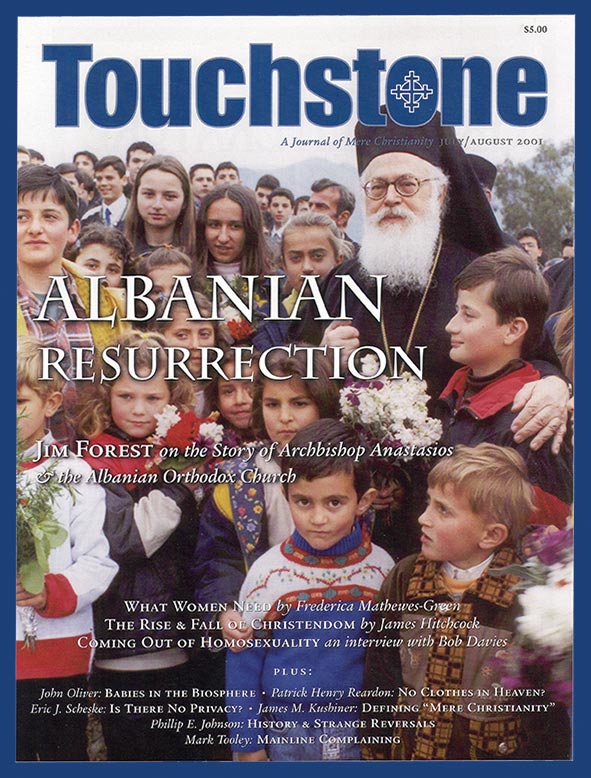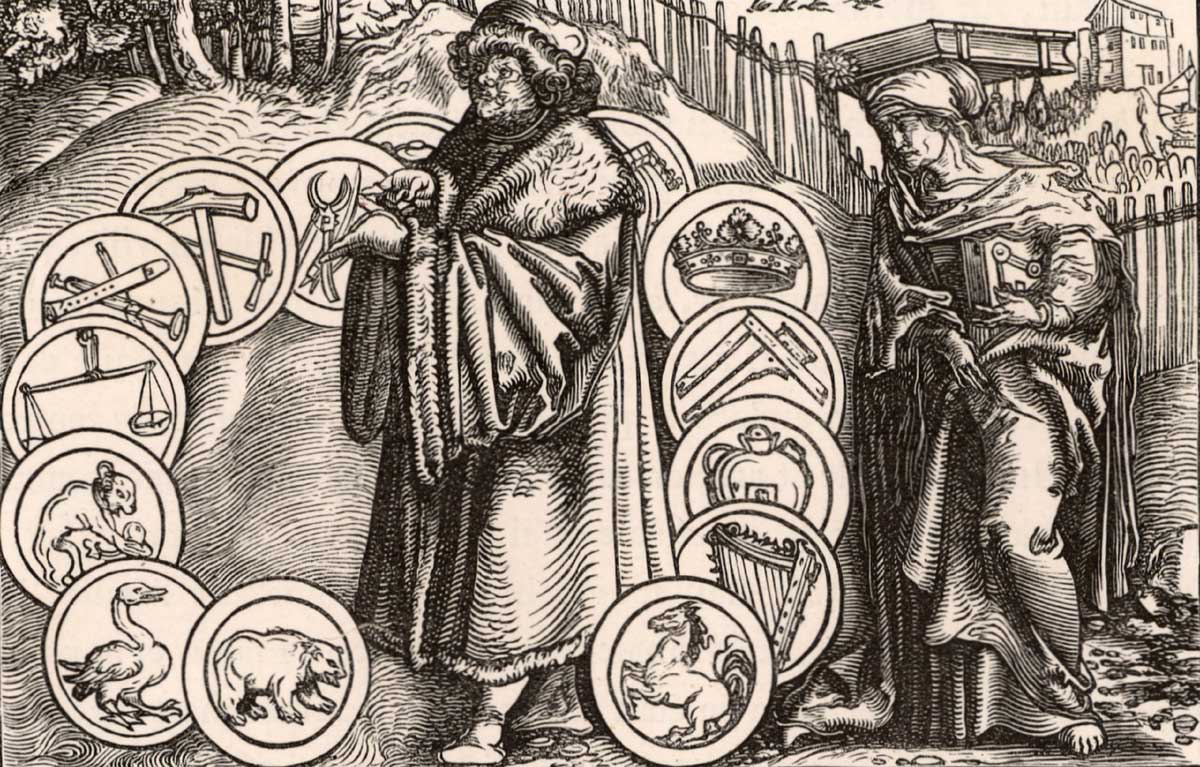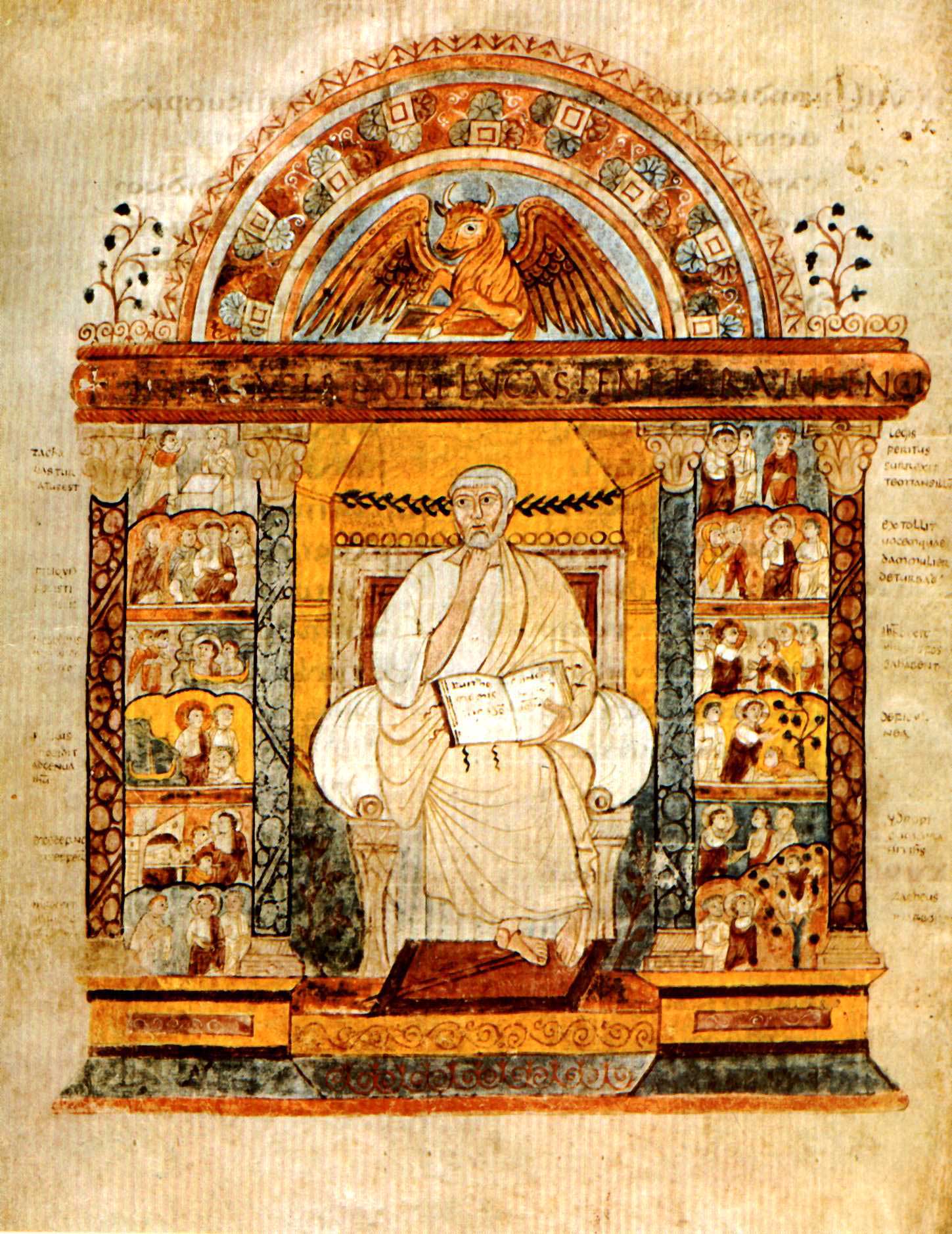History & Strange Reversals
The April issue of Christianity Today features an article by Tim Stafford on some Evangelical Christian history professors who have gained scholarly prominence. Mark Noll of Wheaton, Harry Stout of Yale, and George Marsden of Notre Dame are major players in the academic mainstream. Some critics say their books are good but not distinctively Christian. Academic history, like natural science, imposes a requirement of methodological naturalism that disallows reference to the “God hypothesis.” If you want to speak to the academic culture, you have to obey the rules of its language game. In that case, how does the work of Christian historians differ from that of secular historians of comparable ability?
The problem arises because the scholars rightly want to make the kind of nuanced judgments that earn the respect of other historians, rather than be perceived as cheerleaders for some Christian cause. For example, Mark Noll has an understandable aversion to “providential history,” stemming from his reading of American Revolutionary War sermons of the “God is on our side” variety. But enlisting God on America’s side, or anybody’s side, is propaganda in a Christian vocabulary, not a genuinely Christian viewpoint about history.
Here is where I would start. A great deal of history has been written from the perspective of the Enlightenment rationalist story of progress. To put it crudely, the underlying story is that in Greece and Rome people made a start towards knowledge, but then the world was set back in the Middle Ages, when people threw their brains out the window. Just in time, modern science galloped to the rescue, preparing the way for a triumph of reason that is still unfortunately retarded by the lingering vestiges of superstition. That’s another form of providential history, as simple-minded in its way as the claim that God is an Englishman. The Enlightenment story is countered these days mainly by its equally crude postmodernist rival. This recasts Western patriarchal civilization as the villain of the story, with aboriginal peoples, proletarians, women, and homosexuals emerging as the heroes.
THIS ARTICLE ONLY AVAILABLE TO SUBSCRIBERS.
FOR QUICK ACCESS:
Phillip E. Johnson is Professor of Law (emeritus) at the University of California at Berkeley. He is the author of Darwin on Trial, The Wedge of Truth, The Right Questions (InterVarsity Press), and other books challenging the naturalistic assumptions that dominate modern culture. He is a contributing editor of Touchstone.
bulk subscriptions
Order Touchstone subscriptions in bulk and save $10 per sub! Each subscription includes 6 issues of Touchstone plus full online access to touchstonemag.com—including archives, videos, and pdf downloads of recent issues for only $29.95 each! Great for churches or study groups.
Transactions will be processed on a secure server.
more from the online archives

33.1—January/February 2020
Do You Know Your Child’s Doctor?
The Politicization of Pediatrics in America by Alexander F. C. Webster
calling all readers
Please Donate
"There are magazines worth reading but few worth saving . . . Touchstone is just such a magazine."
—Alice von Hildebrand
"Here we do not concede one square millimeter of territory to falsehood, folly, contemporary sentimentality, or fashion. We speak the truth, and let God be our judge. . . . Touchstone is the one committedly Christian conservative journal."
—Anthony Esolen, Touchstone senior editor










